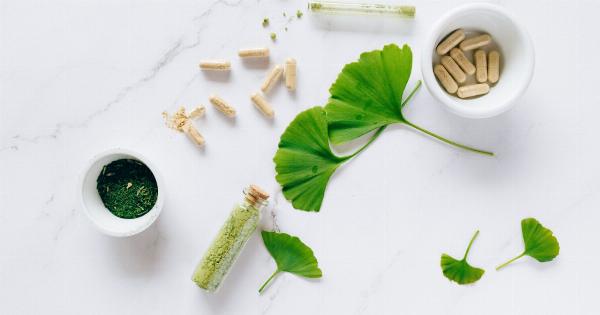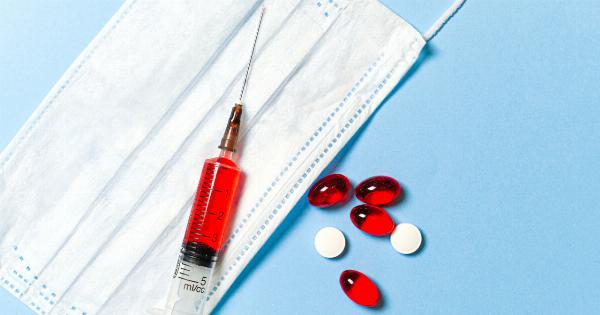Hangovers are a common occurrence for many individuals who have indulged in alcohol.
Along with the throbbing headaches and nausea, there are numerous myths and beliefs surrounding hangovers that often leave people confused about the causes and remedies. In this article, we will fact-check twelve common hangover beliefs to determine the truths behind them.
Myth 1: Eating a hearty meal before drinking prevents hangovers
One of the most widespread beliefs is that consuming a large meal before drinking alcohol can prevent hangovers. In reality, while eating before drinking can slightly slow down the absorption of alcohol, it does not eliminate the chances of a hangover.
Alcohol still affects the body regardless of the presence of food.
Myth 2: Mixing alcohol types causes worse hangovers
Another common belief is that the combination of different types of alcohol leads to more severe hangovers. However, the type of alcohol consumed rarely affects the hangover intensity.
The symptoms are primarily a result of the amount of alcohol consumed, not the specific type.
Myth 3: Drinking water between alcoholic beverages prevents hangovers
While staying hydrated is crucial, drinking water between alcoholic beverages does not guarantee immunity from hangovers. Alcohol causes dehydration by increasing urine production and fluid loss.
It is essential to consume water along with alcohol to minimize the dehydration effects.
Myth 4: Clear alcoholic beverages cause fewer hangovers
Clear alcoholic beverages, such as vodka or gin, are often thought to cause fewer hangovers compared to darker choices like whiskey or red wine.
However, the alcohol content is the primary factor influencing hangover severity, not the color or type of beverage consumed.
Myth 5: Coffee cures hangovers
While a cup of coffee may provide a temporary energy boost, it does not cure a hangover. In fact, caffeine is a diuretic that further dehydrates the body. It is advisable to drink water alongside coffee to counteract this effect.
Myth 6: Hangovers only occur after heavy drinking
Contrary to popular belief, hangovers can occur even after one or two drinks. The intensity of symptoms may vary depending on the amount consumed, but even moderate alcohol consumption can lead to a hangover.
Myth 7: Hangover cures exist
Various products or remedies claim to cure hangovers, but no magical solution has been discovered.
While some remedies provide relief for specific symptoms, such as headache or indigestion, the only real cure for a hangover is time and allowing the body to recover.
Myth 8: Hangovers are more likely with certain alcohol types
Many people associate certain alcohol types, such as champagne or tequila, with more severe hangovers.
However, the symptoms experienced are primarily due to the amount of alcohol consumed and individual factors rather than the specific beverage of choice.
Myth 9: Sweating out alcohol helps cure hangovers
Engaging in excessive exercise or using saunas and steam rooms to sweat out alcohol is not an effective method for curing hangovers. The body metabolizes alcohol at a specific rate, and sweating does not speed up this process.
Myth 10: Eating the right foods can prevent hangovers
While certain foods can help alleviate hangover symptoms, there is no guaranteed way to prevent a hangover through specific dietary choices.
Eating a balanced meal before drinking and including foods high in electrolytes and nutrients may help lessen the severity of symptoms.
Myth 11: Hangovers are worse as you age
Although people may experience hangovers differently as they age, there is no definitive evidence that hangovers become worse with time.
Factors such as overall health, hydration levels, and the amount of alcohol consumed play a more significant role in the severity of hangovers.
Myth 12: Hangovers can be prevented by taking pain relievers beforehand
Some mistakenly believe that taking pain relievers before consuming alcohol can prevent hangovers. This is not only false but also potentially dangerous.
Mixing alcohol with certain medications can have adverse effects on the liver and worsen the hangover symptoms.
Conclusion
Understanding the truth behind common hangover beliefs is essential for responsible drinking.
While there are no foolproof methods to completely avoid hangovers, staying hydrated, consuming alcohol in moderation, and allowing the body time to recover are key factors in reducing the severity or duration of hangover symptoms. It is always best to listen to your body and practice moderation when enjoying alcoholic beverages.





























